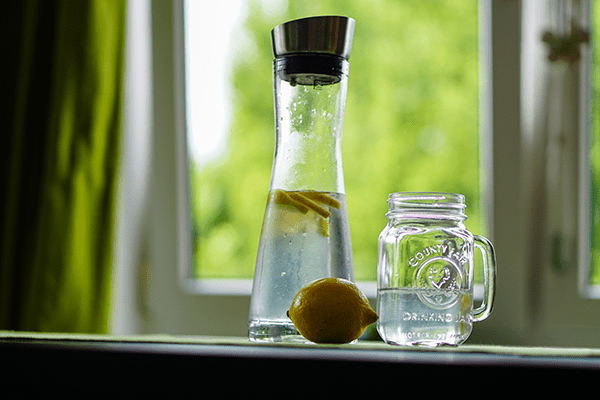Why altitude and hydration matter in everyday life
Centennial sits at elevation, which means drier air and less oxygen with each breath. If you or a loved one is comparing retirement home centennial options or researching retirement communities centennial, it helps to understand how high desert conditions affect sleep, energy, and heart health. People new to the area may notice mild headaches or faster breathing for a few days. Longtime residents can still feel effects during hot spells or when activity ramps up.
Families searching for senior living centennial want practical steps that fit into a normal day.
Hydration that actually helps
Aim for steady sips from morning to early evening. Start the day with a full glass of water and add another with each meal. Include mineral rich foods like beans, yogurt, and leafy greens to support fluid balance. Tea and coffee count toward your total, but try to pair each cup with an extra half cup of water. If you take diuretics, ask your clinician how to adjust intake on very hot or very active days. Clear, pale urine is your simple sign you are on track.
Sleep and breathing tips at elevation
Use a cool, dark bedroom and elevate your head slightly with an extra pillow if you feel stuffy at night. Gentle nasal saline can reduce dryness. A short pre bed walk and light evening meal support easier rest. If a new fitness routine leaves you unusually winded, scale your pace and give your body two weeks to adapt. A fingertip pulse oximeter can be reassuring; note your usual reading when you feel good and share any big, persistent changes with your clinician.
Move smart, not just more
Choose morning activity when temperatures are lower. Build exertion gradually: a relaxed five minute warmup, a conversational pace for most of your walk, then a two minute cool down.
Carry a small water bottle and take a sip at each landmark. If you feel light headed, stop in the shade and breathe slowly until symptoms pass. For strength days, favor slow, controlled movements with longer rests between sets. Limit alcohol before outdoor activity and keep salty snacks handy if your doctor recommends a higher sodium plan.
Simple checklist to keep on the fridge
Daily water plan, hat and sunscreen by the door, lightweight layers, and a reminder to check medications that may interact with heat or altitude. Write emergency contacts on a small card you tuck in a pocket. If you travel to lower elevations, maintain your hydration schedule; when you return, give yourself a gentle day to readjust. With practical routines like these, living well at elevation feels comfortable and predictable for the long haul.
